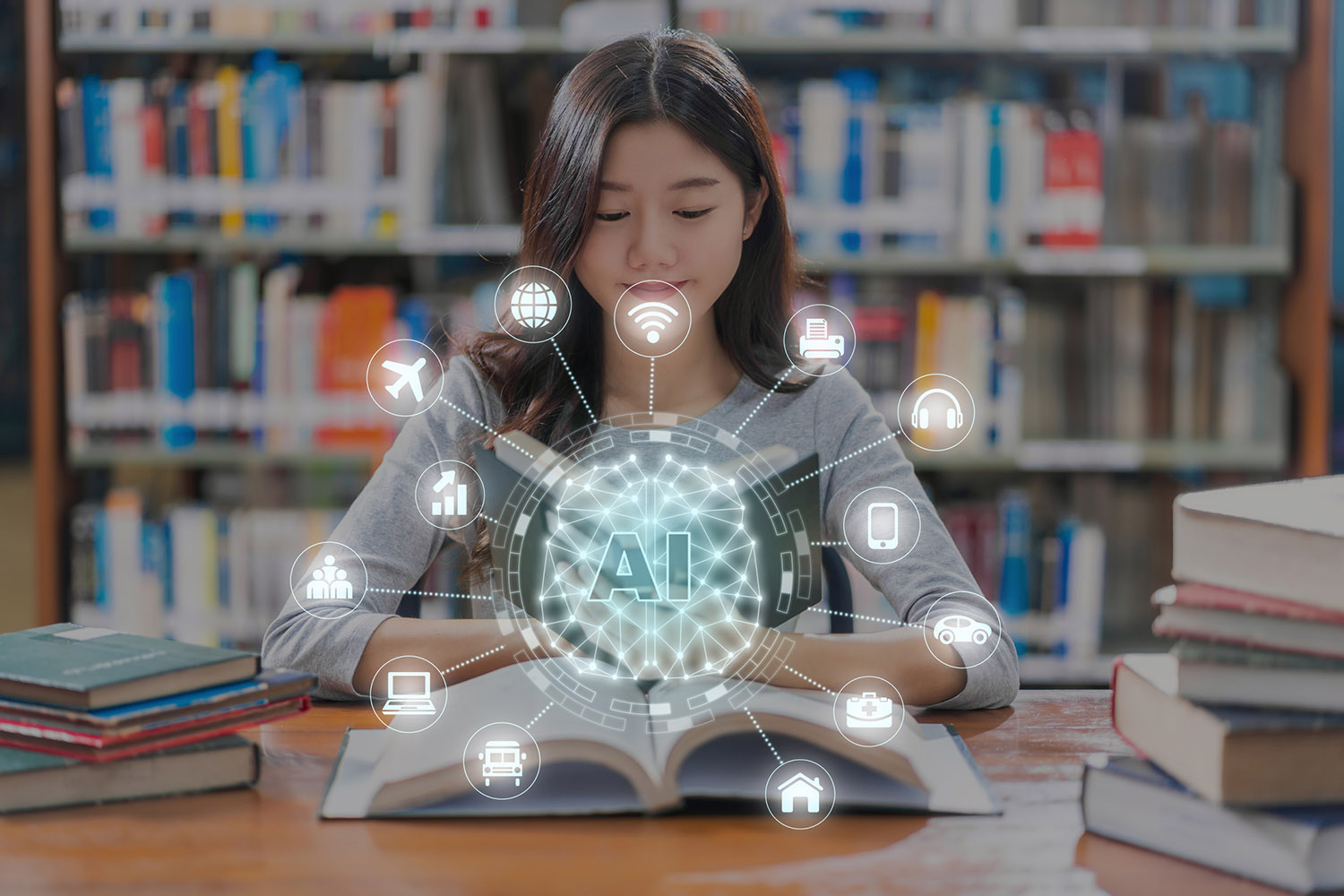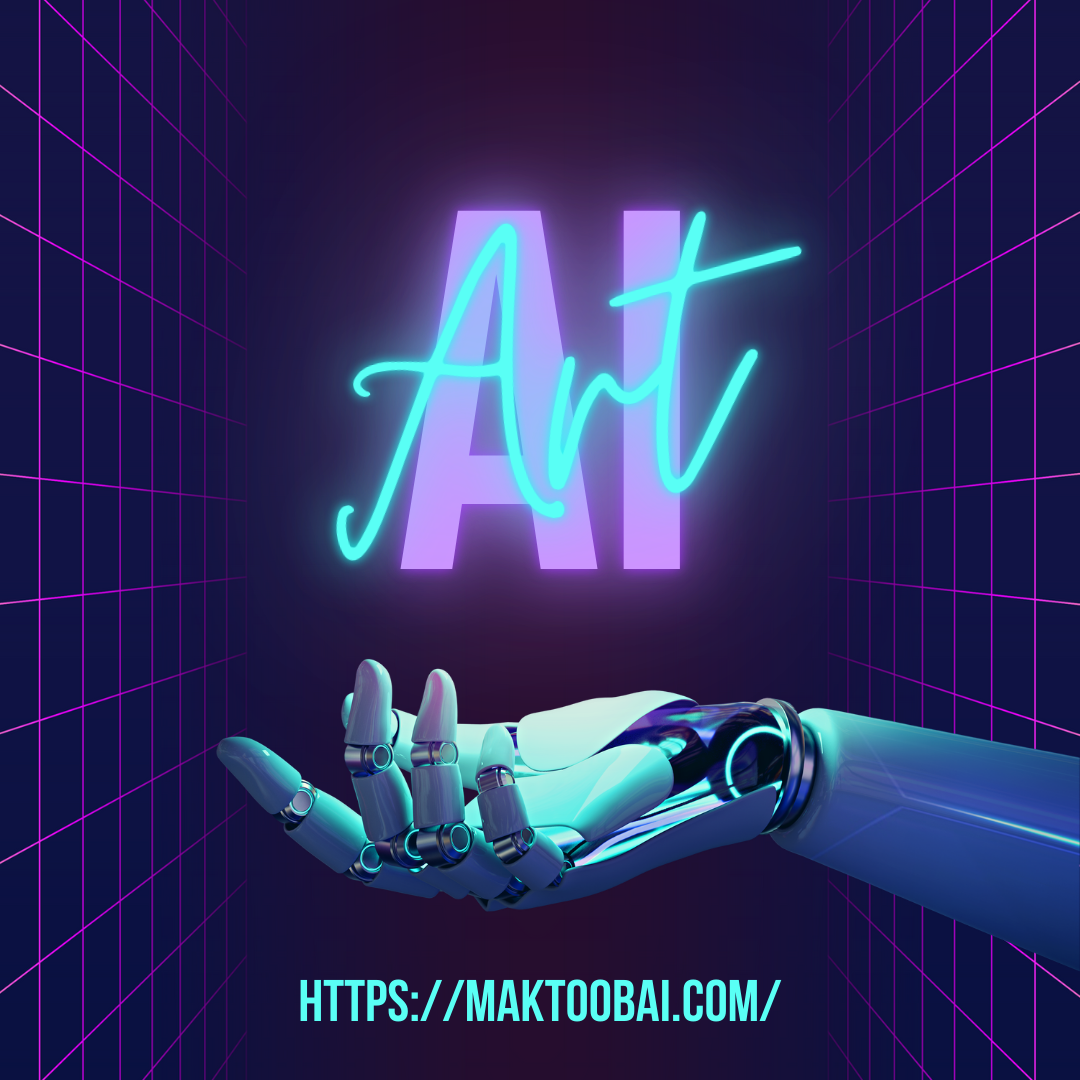Artificial intelligence (AI) is transforming various industries, and education is no exception. The integration of AI in education is revolutionizing how students learn, how teachers teach, and how educational institutions operate. From personalized learning experiences to intelligent tutoring systems, AI is enhancing learning in ways that were previously unimaginable. This shift is not only making education more accessible but also improving outcomes for learners worldwide.
Personalized Learning Experiences
One of the most significant ways AI is enhancing education is through personalized learning. Traditional classrooms often rely on a one-size-fits-all teaching approach, which can leave some students struggling to keep up while others feel unchallenged. AI-powered systems can analyze each student’s learning style, strengths, and weaknesses to tailor lessons that match their individual needs.
For example, platforms like DreamBox, an adaptive math program, use AI to adjust the difficulty of problems in real-time based on a student’s performance. Similarly, AI can track progress and recommend resources or interventions to help students master difficult concepts. This personalized approach ensures that students receive the support they need at their own pace, leading to improved retention and understanding.
Intelligent Tutoring Systems
AI-driven intelligent tutoring systems (ITS) are another area where technology is making a big impact. These systems provide one-on-one instruction, offering immediate feedback and guidance to students. Unlike traditional tutoring, which relies on human tutors, ITS platforms like Carnegie Learning and Knewton can operate at any time and provide assistance to large numbers of students simultaneously.
These systems can simulate the experience of having a personal tutor, helping students understand complex concepts by breaking them down into manageable steps. For example, in subjects like math and science, ITS can offer hints, correct errors, and provide explanations in real time. This type of immediate feedback is crucial in subjects where students may not always have access to a human instructor when needed.
Automating Administrative Tasks
Teachers and educational institutions are often burdened with administrative tasks such as grading, attendance tracking, and curriculum management. AI can automate many of these tasks, allowing educators to focus more on teaching and student engagement. For instance, AI-powered grading systems can quickly assess multiple-choice questions, essays, and even short answers, saving teachers hours of work.
Additionally, AI can assist in scheduling and resource allocation, ensuring that classrooms are optimally utilized and that students are placed in appropriate courses based on their abilities. By reducing the administrative load on educators, AI helps create more efficient and streamlined educational environments.
Enhancing Accessibility
AI is also playing a pivotal role in making education more accessible to learners with disabilities. Tools such as speech-to-text, text-to-speech, and AI-powered translation can help students with visual, hearing, or cognitive impairments participate more fully in the learning process.
For instance, AI can convert spoken words into text in real-time for students with hearing impairments or convert written text into audio for those with visual impairments. Additionally, AI-powered systems can translate educational materials into multiple languages, allowing non-native speakers to access content more easily. This increased accessibility helps create more inclusive educational environments.
Virtual Classrooms and Online Learning
The COVID-19 pandemic accelerated the adoption of virtual classrooms and online learning, and AI has been instrumental in enhancing these platforms. AI-powered systems can facilitate remote learning by organizing content, suggesting relevant resources, and even proctoring exams to prevent cheating.
For instance, platforms like Coursera and edX use AI to recommend courses based on a student’s interests, learning habits, and previous coursework. AI also supports adaptive learning pathways, where students can navigate through course material at their own pace and receive additional resources when needed. Moreover, AI-powered chatbots can provide instant assistance, answering student queries and offering guidance in real-time.
Predictive Analytics and Student Success
Educational institutions are increasingly using AI-powered predictive analytics to improve student outcomes. By analyzing historical and real-time data, AI systems can identify students who may be at risk of falling behind or dropping out. This early identification allows educators to intervene with additional support, such as tutoring, counseling, or modified lesson plans.
For example, systems like Civitas Learning and IBM’s Watson Education use AI to analyze factors such as attendance, grades, and engagement to predict which students might need extra help. This data-driven approach helps institutions make informed decisions and improve student success rates.
Gamification and Engagement
AI is also enhancing student engagement through gamification. By incorporating game-like elements such as rewards, badges, and levels into educational platforms, AI can make learning more interactive and enjoyable. Gamification taps into students’ intrinsic motivation, encouraging them to stay engaged and persevere through challenging tasks.
Platforms like Duolingo, which uses AI to teach languages, employ gamification to keep users motivated. The system tracks progress, offers personalized learning paths, and provides feedback in a way that feels more like a game than a traditional classroom setting. This approach makes learning more fun and increases retention rates, especially in younger learners.
Challenges and Ethical Considerations
While AI offers numerous benefits in education, it also raises important ethical concerns. Data privacy is a major issue, as AI systems collect vast amounts of data about students’ performance, behavior, and learning habits. Ensuring that this data is stored securely and used responsibly is crucial to protect students’ privacy.
Moreover, there is a risk of over-reliance on AI systems, which could reduce the role of human teachers in the classroom. While AI can enhance learning, it cannot replace the empathy, intuition, and creativity that human educators bring to the teaching process. Balancing AI’s capabilities with the need for human interaction is essential for creating an effective educational experience.
Conclusion
AI is undeniably transforming education, offering new opportunities to enhance learning, improve accessibility, and streamline administrative tasks. From personalized learning experiences to intelligent tutoring systems, AI is helping students and educators achieve better outcomes. However, it is important to address the ethical challenges associated with AI and ensure that its implementation in education benefits all learners. As technology continues to evolve, the role of AI in education will only become more prominent, shaping the future of learning for generations to come.


